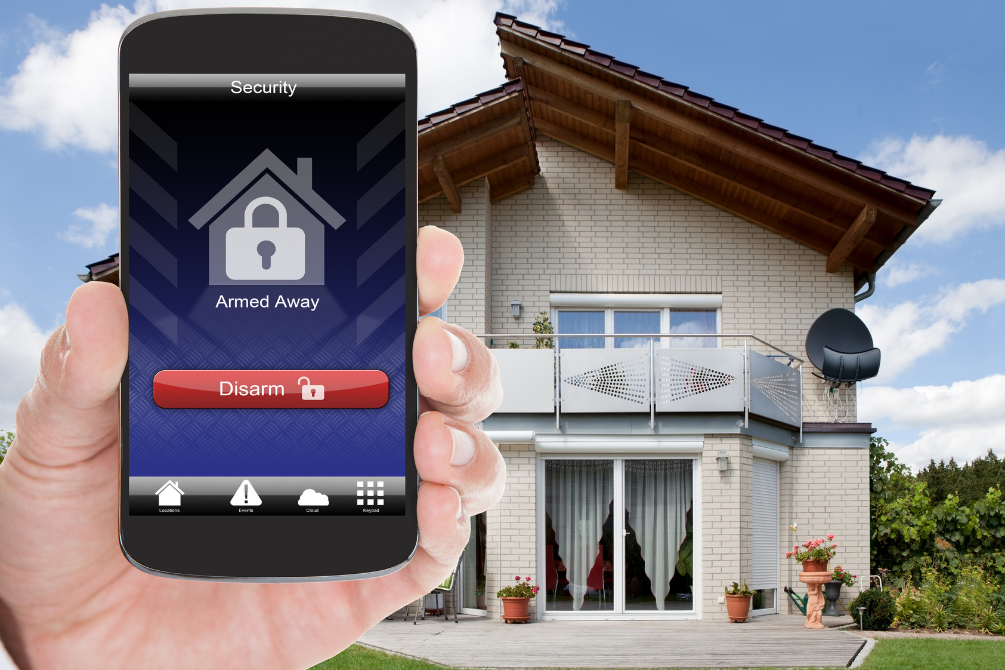
Practicing home safety measures in Costa Rica is much the same as in any other part of the world.
Costa Rica is a clean, beautiful, and safe place to live. The local folks (often referred to as “Ticos”) are friendly, and there aren’t many major weather events such as hurricanes. Though we do experience earthquakes in Costa Rica, they don’t happen very often, and when they do, they’re not usually of high magnitudes.
In the 2020 Global Peace Index, Costa Rica is ranked 32 out of 163 countries regarding overall peace. In addition, Costa Rica is ranked as the most peaceful country in the region between Central America and the Caribbean.
That doesn’t mean there isn’t any crime in the country.
However, crime is typically petty – meaning theft, usually – as migrants from nearby countries have flooded Costa Rica looking for work, and not all have been able to find it. Likewise, many have been out of work with the Coronavirus Pandemic, making some desperate enough to steal.
Still, Costa Rica is filled with small tranquil towns full of friendly people.
There are many areas to choose from for your perfect Costa Rica home.
Nevertheless, it’s always wise – in any country – to take safety precautions with your home, your belongings, and your family.
Here are a few tips to keep your new Costa Rica home safe from petty crimes such as theft.
Tips for Keeping Your Home Safe in Costa Rica.
In Costa Rica, most home or car robberies and thefts are unplanned, random, and opportunistic. Thieves are looking for an easy, fast way in and out. A home would rarely be specifically targeted, as petty thieves are the norm.
Make sure that your house is an unattractive target. Make it difficult to access, and your house will probably be passed by when petty thieves are looking for a quick and easy thing to lift and walk away with.
If possible, choose a home in a gated community. It’s not uncommon to find gated communities in Costa Rica that offer 24-hour guard service, seven days a week. Los Sueños, in particular, is highly secure.
Levels of security differ depending on the residential neighborhood you’ve chosen to buy your home in. Some have stringent regulations with a consistent night watch, while others are laxer.
Other neighborhoods have community watch organizations, where the entire community gets together to watch out for each other. Often with chat groups on applications like WhatsApp, you can notify your neighbors when you’ll be out of town and keep an eye out for any unusual or suspicious activity around your home. Also, this is an excellent way to get to know your neighbors and gain a solid sense of community.
Install a sound security system in your home. You can easily purchase a good set of security cameras at your local PriceSmart in the greater San Jose area, and it’s not hard to find someone to install it if you’re not the handy DIY kind.
An alarm system is also a good idea. A hot wire around the top perimeter of your home will trip the alarm, but some sensors will pick up any movement in your garden area or patio. Likewise, you can place sensors on your outer doors and windows. In addition, many alarm systems are wireless and can be monitored from your smartphone device.
Finally, it’s not uncommon to see Costa Rica homes with razor wire on the top of their perimeter walls or bars on the windows. To make this look prettier and less “prison-like,” plant bougainvillea, which flowers beautifully and also has the added security benefit of natural thorns.
Consider adopting a dog. Dogs can be a great deterrent – especially for the kind of petty, random, opportunistic thievery that usually takes place in Costa Rica homes.
Finally, install a doorbell that has the added benefit of a video camera and two-way communication so that you can see who is at your door before opening.
Safety measures when home.
Here are tips to make sure you and your family are safe when at home:
Before opening, always check to see who is at the door. A typical ruse is someone asking for directions or asking for a handout of food or money. Another is an offer of gardening services.
Keep an eye on suspicious vehicles or people. For example, seeing a slow-moving car with two or more young males driving by your area could be a cause of concern. Alert your neighborhood watch or guard, and don’t be shy about calling 911 to ask the police to come to check the neighborhood.
Always check and double-check before opening your garage door or gate. Then, look outside and just scan up and down the street.
This general rule of thumb also applies when you arrive home; don’t open the garage or gate from down the block. Wait till you’re in your driveway and check your surroundings before opening and entering. If a strange car or person catches your attention, trust your gut – keep driving and call the police. When you enter your gate or garage, wait until you’ve closed it before unlocking your car doors and getting out.
When you go out for the evening, be sure to leave the lights on and perhaps turn on some music or television. It’s always good to give the illusion that someone is home.
Of course, always have the number for your local police department – or 911 (yes, it’s the same emergency number in Costa Rica as in the United States – on hand. Also, your neighborhood watch number, the guardhouse, and any security service such as ADT that you might have hired.
Costa Rica is as safe as most other places in the world and much safer than many. While these safety measures and tips may seem a bit alarmist, they are not intended to be. Instead, they are just general guidelines that you might apply anywhere, regardless of whether you live in the States or Latin America.
Costa Rica living is referred to as “Pura Vida” for a reason. That’s because tranquility is a cultural norm in this beautiful country. Your new life in Costa Rica will be as wonderful as you want it to be. And, like anywhere, it’s always a good idea to err on the side of caution when it comes to your home and family’s safety.

